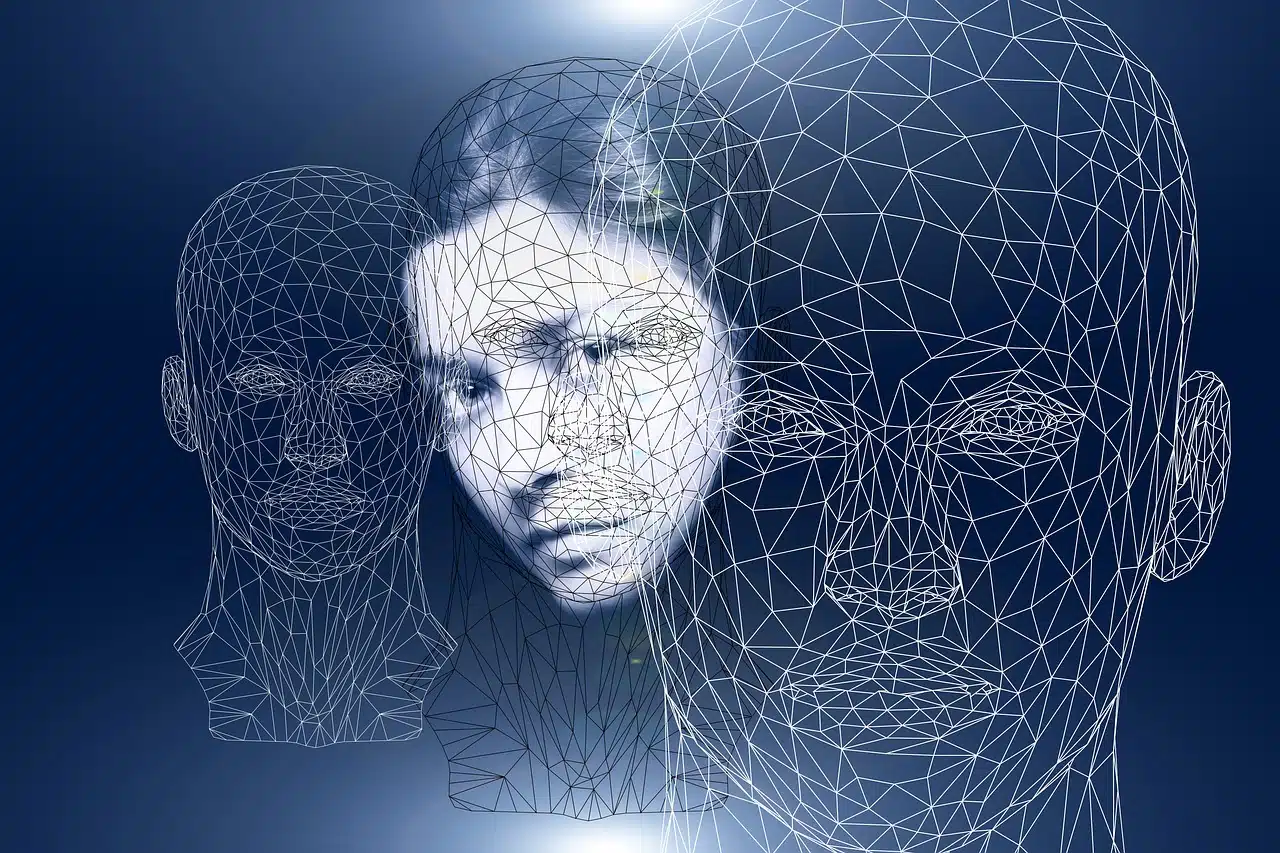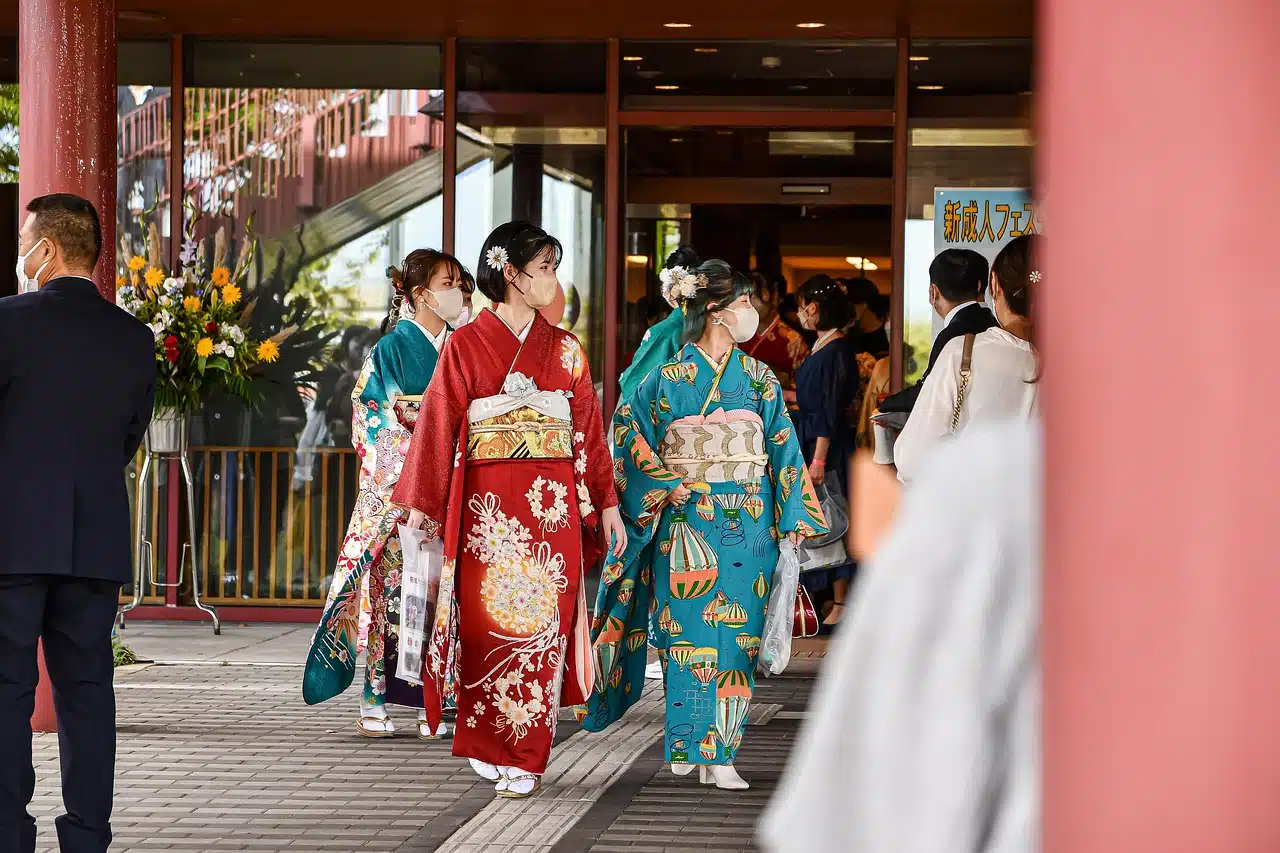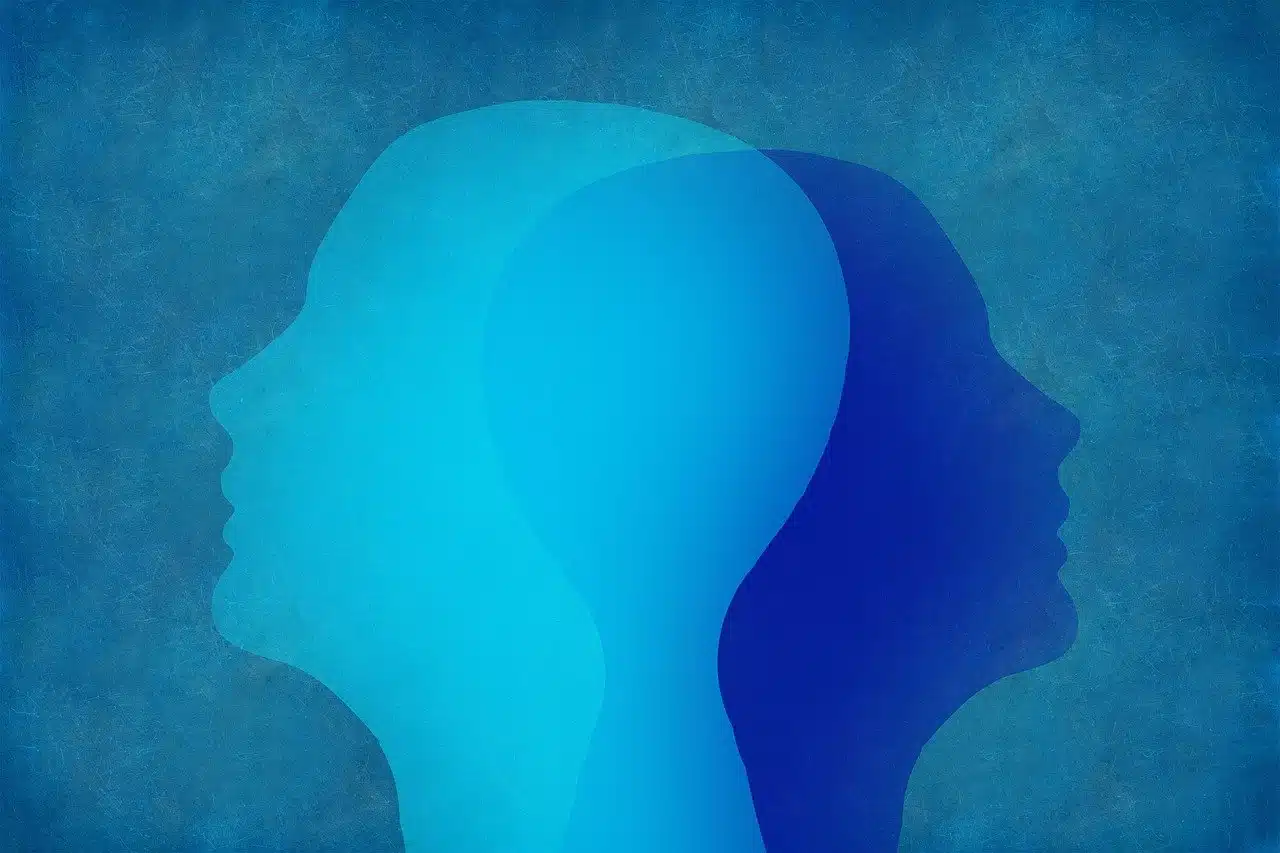
A person must be able to construct their identity autonomously.
Identity is the set of characteristics of an individual or a community . These features characterize the subject or the community compared to others. For example: "The tradition of drinking mate is part of the River Plate identity," "A person has the right to know their past to defend their identity."
Identity, a term that comes from the Latin word identitas , is also the awareness that a person has regarding themselves and that makes them different from others. It has to do with the self-concept and self-image of a subject that allow them to perceive their own individuality and uniqueness.
Although many of the characteristics that form identity are innate and obtained by inheritance , being given by genetics , the environment exerts a great influence in shaping the specificity of each subject; For this reason, expressions such as "I am looking for my own identity" are valid. The values that are transmitted in a family and the beliefs that are formed from community life also affect the development of personality .
Identity as a personal dimension
At the individual level, the idea of identity is associated with something of one's own , an inner reality that can be hidden behind attitudes or behaviors that, in reality, have no relationship with the person: «I felt that I had lost my identity; I began to accept jobs that I didn't like and with which I had nothing in common .
Each person has beliefs, motivations and desires that they keep inside. However, sometimes they are not reflected in the experiences you live. To achieve true personal development and achieve fulfillment , there must be an agreement between those feelings and emotions and the philosophy of life that is applied, avoiding conflicts and contradictions.
However, identity can be relegated when, due to a profession or occupation , the subject is forced to assume a certain role and adapt their behavior against their desires. The family context and social pressure can also lead to masking the true identity, attacking uniqueness .

Beyond the individual, there is a collective identity.
Sexuality, gender and orientation
The concept of sexual identity refers to the vision that each person has of their own sexuality , which is decisive when relating to the rest of society. The notion links the biological dimension of the human being with the cultural aspect and freedom of choice.
It is important to clarify that sexual identity has no relationship with sexual orientation : the first refers to the gender that a person feels represents or corresponds to; The second, however, refers to the gender to which she feels attracted. Both cases, however, escape the will, which is why it is also incorrect to speak of "choice."
Considering the rejection that nationalist and religious groups show to those who wish to walk their own path, it is to be expected that they will despise someone who is not comfortable with their gender. There are prejudices that are reflected in acts of discrimination and this lack of acceptance ends up, sometimes, affecting diversity . Someone who has a gender identity that does not coincide with their biological sexuality may adapt a lifestyle that does not satisfy them in order to avoid attacks, which may even come from the anonymity of social networks.
Human beings who fear knowing themselves, asking questions and showing themselves as they really are, tend to take refuge in the false security that a social group provides them. From that stillness, they mock and attack those who have had the courage to seek their own gender identity beyond criticism and attacks.

A person's experiences can cause a transformation of their identity.
Identity, focus of conflict
Identity belongs to the group of concepts that usually generate controversy when mixed with religion or politics , since it can be understood in two very defined and opposite ways, one related to freedom and authenticity , and the other, with the assumption of identity. a social role determined by the elderly. The first alludes to that search mentioned in previous paragraphs, and starts from accepting that identity is formed, molded and enriched .
An identity document is nothing more than a piece of paper with a series of alphanumeric data that helps maintain order, control the citizens of the same nation , but it says nothing about who its bearer is in reality, what he or she feels. or what your interests are. Worse still, it does not even guarantee that said subject feels proud to belong to his or her country of origin. It is just cold, organizational information, although not everyone considers it that way.
The identity of a human being recognized by a state document is usually tied to the biological and concrete: a fingerprint that is unique, a date of birth, etc. This recognition by the State is essential when carrying out an action with legal effects (such as signing a contract or deeding a property).
An individual's personal history , however, does not necessarily have to do with his or her nationality. In fact, your nationality may not even be reflected in the identity document issued by the state authority. In other words: the inclusion of someone in a group based on state or official recognition may not have relevance to their deeper identity.
The notion in mathematics
In another context, the equality between algebraic expressions that is always verified based on any value of the variables involved is known as algebraic identity .
For example, xM + xN = x(M + N) is an identity since, whatever the value of the variables, there will always be an equality.
